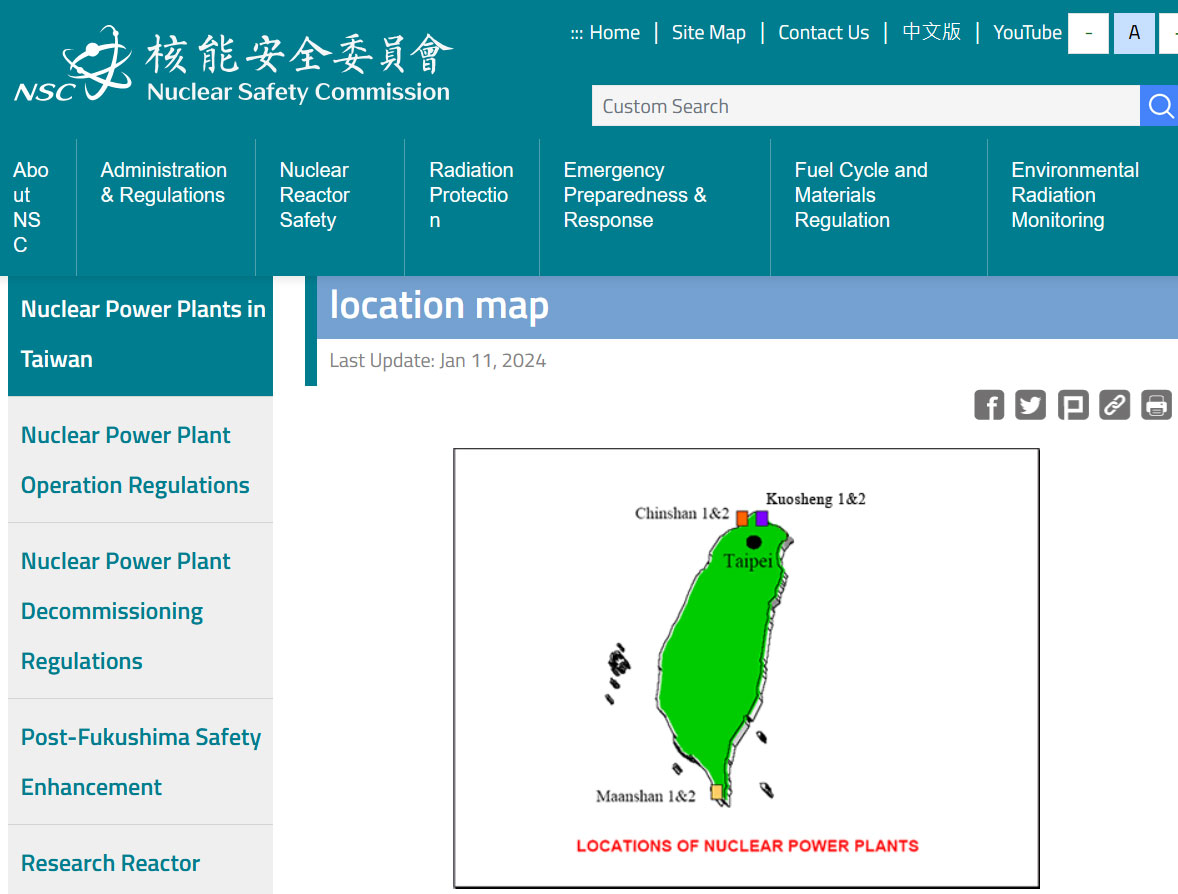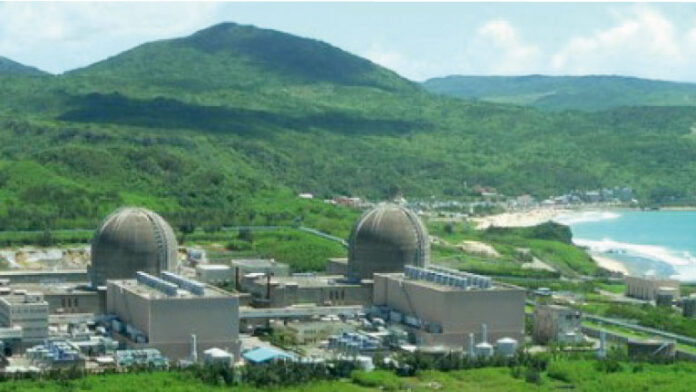Taiwan is signaling a potential shift in its energy policy. In a recent interview with Bloomberg, Premier Cho Jung-tai suggested that the island might explore future nuclear energy technologies to meet its demands. This marks a significant shift for Taiwan, as its current nuclear facilities are aging and there are no immediate plans for replacement, with only one reactor operational as of 2024. A consistent electric supply is crucial for sustaining the island’s high-profile semiconductor industry.
Over the past decade or two, Taiwan has been decommissioning nuclear plants without replacement plans. Public opinion shifted against nuclear energy following the 2011 Fukushima disaster in Japan.
It’s important to note that Taiwan is a small, densely populated island, home to 23 million people, prone to earthquakes and typhoons. In a 2018 referendum, the public voted to repeal an amendment to the Electricity Act aimed at creating a “nuclear-free homeland.”

During the interview, Cho emphasized the impressive vertical integration within Taiwan’s industry, asserting the need for ongoing growth. As the AI sector continues to thrive, the demand for semiconductor production is expected to rise.
Addressing the increasing need for energy to support this growth, Bloomberg’s Matt Winkler inquired how Taiwan would manage the forthcoming rise in power requirements. Given the island’s historically cautious stance on nuclear energy, Winkler asked if newer nuclear technologies might be a potential solution.

Cho elaborated by referencing other nations that are advancing nuclear power through new technologies. He’s acknowledged that nuclear production methods have evolved significantly since Taiwan’s major stations were constructed. Recent discussions in tech circles have focused on advanced fission and fusion technology, along with small modular and micro nuclear reactors that could potentially power data centers. Amazon represents the latest tech entity to invest in nuclear capabilities for its AI data centers.
However, Premier Cho remained cautious when discussing the adoption of nuclear power, stating that there’s no immediate urgency, as Taiwan anticipates sufficient energy supply to meet industry demands by 2030. The island has rapidly embraced renewable energy sources, including wind, solar, geothermal, and hydropower potential. According to WNN, Taiwan’s energy strategy targets a mix of 20% from renewables, 50% from liquefied natural gas, and 30% from coal.
However, Cho further indicated that progress on new nuclear facilities is hampered by the fact that Taiwan’s nuclear workforce is currently engaged in decommissioning existing plants.
Among Taiwan’s three state-operated nuclear plants—Chinshan, Kuosheng, and Maanshan—only Maanshan remains operational. Unit 1 at Maanshan was closed in July, with Unit 2 expected to cease operations (after 40 years) in May 2025. Cho raised concerns about the potential loss of skilled personnel leaving the sector and emphasized the importance of retaining this workforce. A viable path forward involves initiating new nuclear energy projects to ensure employment for these professionals after May 2025.
